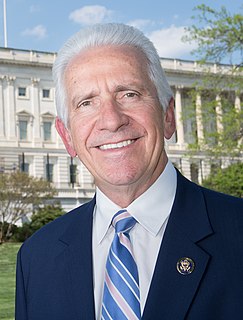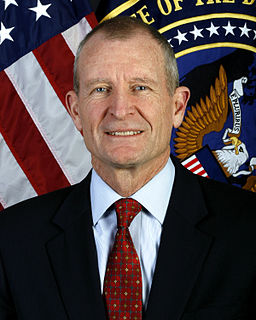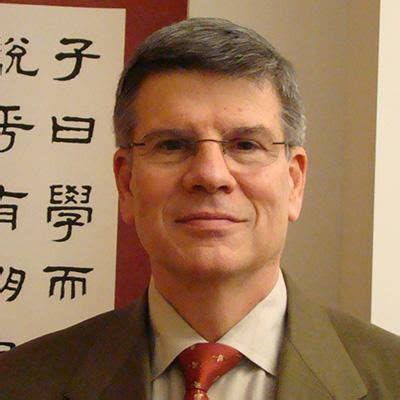A Quote by Benazir Bhutto
I believe that democracies do not go to war; that's the lesson of history, and I think that a democratic Pakistan is the world community's best guarantee of stability in Asia.
Related Quotes
I want people to understand that, look, we're in a period of democratic deficit, democratic recession. There are fewer democracies in the world today than in 2005, and in many of the countries that are still technically democracies, we're seeing a reduction in the rule of law. And that's especially true in Central Europe, but it's also true of places like South Africa, the Philippines.
Our Pakistan elites are spoiled by permanent foreign aid and therefore find it difficult to change course. Pakistan needs someone who stands up and says: Fundamentalism is bad, capitalism is good. This region harbors enormous potential. Pakistan could become the hub for the energy that is transported from Central Asia to South Asia. That could change the whole region.
I think, while it is true that the Hillary Clinton and I voted differently on the war in Iraq, what is important is that we learn the lesson of the war in Iraq. And that lesson is intrinsic to my foreign policy if elected president, is the United States cannot do it alone. We cannot be the policeman of the world. We are now spending more I believe than the next eight countries on defense. We have got to work in strong coalition with the major powers of the world and with those Muslim countries that are prepared to stand up and take on terrorism.
I think war and armed conflict is always the last of all the options you have on the table. I think you try to avoid that at all costs. Sometimes it's unavoidable. That's the lesson of World War II. I think the other lesson of the last 50 or 60 years, however, is that, the stronger the U.S. military, the stronger our defense capabilities, the stronger the chances for peace are.
The second part of that war was that Muslims came from all over the country to Pakistan, and they met each other. For the first time those men had an awareness of the Islamic world as a whole, not of just Egypt or Algeria or Indonesia, but of what Muslims call the Uma, the Islamic community. And that's an extraordinarily important thing. And that emanated in Pakistan.







































